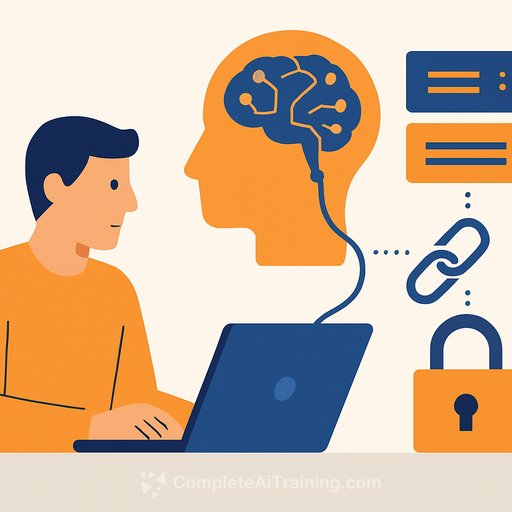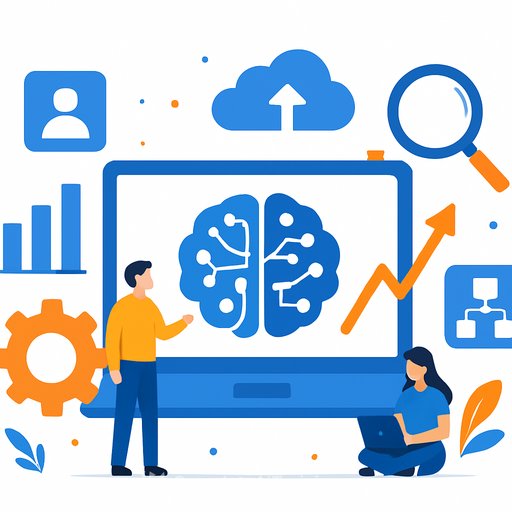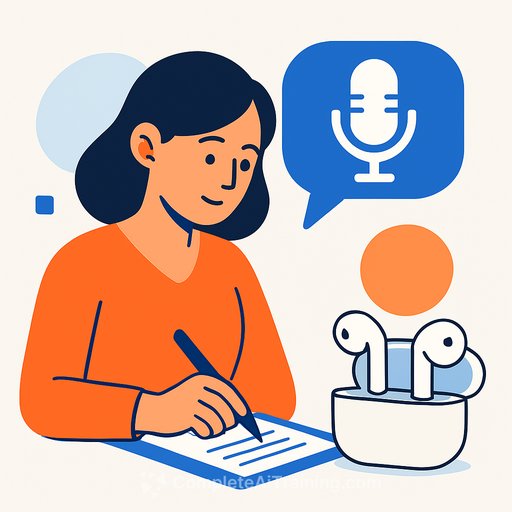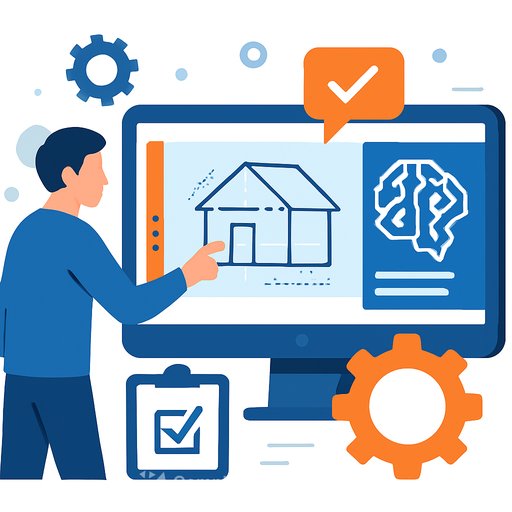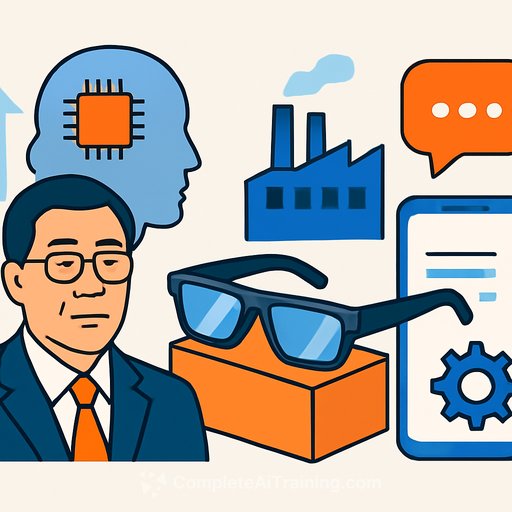Bigger Models Aren’t Driving the Next Wave of AI Innovation. Standardization Is.
Since November 2024, Anthropic’s Model Context Protocol (MCP) has quietly transformed how AI applications connect beyond their training data. Think of MCP as the HTTP or REST for AI models—standardizing how these models plug into external tools and services.
Microsoft Fabric’s Big Leap: Transactional Data Meets Enterprise AI
You’ve likely seen many explanations of MCP, but here’s what often gets overlooked: MCP is a standard. Standards don’t just organize technology—they create momentum. Early adoption means riding growth waves; ignoring them means falling behind. This article breaks down why MCP matters now, what challenges come with it, and how it’s already shaping the AI ecosystem.
How MCP Moves Us from Chaos to Context
Meet Lily, a product manager juggling projects across tools like Jira, Figma, GitHub, Slack, Gmail, and Confluence. She’s overwhelmed by constant updates and fragmented workflows. In 2024, with LLMs improving rapidly, she saw a chance to streamline her work by feeding all her tools’ data into a model for automated updates, drafting communications, and on-demand answers.
The problem? Each LLM had its own way of connecting to external services. Integrations became vendor-locked and bespoke, making it harder to switch models later. Then Anthropic introduced MCP—an open protocol standardizing context flow to LLMs.
MCP quickly gained support from OpenAI, AWS, Azure, Microsoft Copilot Studio, and Google. Official SDKs are available in Python, TypeScript, Java, C#, Rust, Kotlin, and Swift. Community SDKs followed for Go and others. Adoption took off.
Now, Lily runs everything through Claude connected to her tools via a local MCP server. Status reports draft themselves, leadership updates are just a prompt away, and she can swap models without rebuilding integrations. When coding on the side, she uses Cursor with OpenAI’s model on the same MCP server. Her IDE understands the product she’s building—all thanks to MCP.
The Power and Implications of a Standard
Lily’s experience highlights a simple reality: fragmented tools frustrate users. Lock-in frustrates companies. Rewriting integrations wastes time. The freedom to use the best tools matters. MCP delivers that freedom.
- SaaS providers without strong public APIs risk becoming obsolete. MCP tools rely on APIs, and customers will expect AI support. With a de facto standard, excuses won’t fly.
- AI development cycles will accelerate. Developers no longer need custom code for simple AI apps. Instead, integrating MCP servers with clients like Claude Desktop, Cursor, or Windsurf speeds up testing and deployment.
- Switching costs collapse. Integrations decouple from specific models, allowing companies to move from Claude to OpenAI to Gemini—or mix models—without rebuilding infrastructure. New LLM providers can focus on improving price-performance within an existing MCP ecosystem.
Challenges with MCP
- Trust matters. Many MCP registries and community servers exist. But if you don’t control the server or trust its operator, secrets could leak. SaaS companies should provide official servers; developers should seek them.
- Quality varies. APIs evolve, and poorly maintained MCP servers quickly fall out of sync. LLMs need accurate metadata to pick the right tools. Without authoritative MCP registries, official servers remain crucial.
- Big MCP servers can backfire. Bundling too many tools drives up costs and overwhelms models with too many choices. Smaller, task-focused servers maintain clarity and efficiency.
- Authorization and identity issues remain. Problems like accidental mass emailing persist. Humans must stay in the loop for sensitive, high-judgment tasks.
Looking Ahead
MCP is more than hype—it’s a fundamental shift in AI infrastructure. Like every solid standard before it, MCP creates a self-reinforcing cycle: each new server, integration, and application adds momentum. New tools and platforms are emerging to simplify MCP server development and deployment.
AI applications will soon offer simple ways to plug in fresh capabilities. Teams adopting MCP will ship products faster and with smoother integrations. SaaS companies with public APIs and official MCP servers can become key players in this new integration landscape. Those who delay adoption risk losing relevance.
For product managers and developers looking to sharpen their AI skills and stay ahead, exploring AI standards and protocols like MCP is essential. You can find practical AI courses and training tailored for professionals on Complete AI Training.
Your membership also unlocks:

